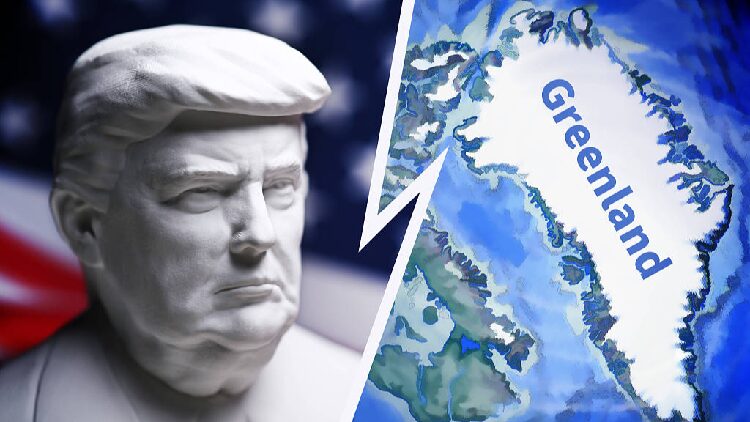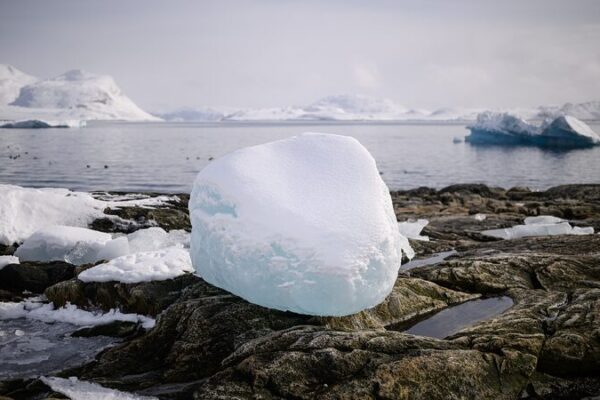The planned visit of U.S. Vice President J.D. Vance and his wife Usha Vance to Greenland has stirred significant controversy, leading to protests from local residents and concerns from Greenland and Denmark. Originally scheduled for Friday, the couple’s itinerary has been altered, with social visits canceled. They will now proceed only to the U.S. military base on Greenland’s northwest coast.
Danish Foreign Minister Lars Lokke Rasmussen described the amended travel plan as a “de-escalation.” However, the mere contemplation of the trip, especially in light of complex U.S.-Greenland relations during former President Donald Trump’s administration, has added to diplomatic tensions.
Trump has previously expressed strong interest in Greenland, an autonomous territory of Denmark. In his first term, he proposed purchasing the island, viewing its strategic location and abundant natural resources as valuable assets. His actions were seen as attempts to expand U.S. influence, reminiscent of historical expansions under President William McKinley.
The unsolicited visit by the Vances drew criticism from both Danish and Greenlandic leaders. Danish Prime Minister Mette Frederiksen labeled it “unacceptable pressure,” while Greenland’s Prime Minister Mute Egede accused the U.S. of aggressive provocation.
Greenland, the world’s largest island, is rich in natural resources, including rare earth elements, oil, natural gas, and coal. With global warming leading to melting ice sheets, access to these resources has become easier. Additionally, its strategic location on Arctic shipping routes heightens its geopolitical significance.
Any attempt by the U.S. to exert control over Greenland raises concerns about violations of international law. The United Nations Charter stipulates that all members must refrain from threatening or using force against the territorial integrity or political independence of any state.
The Danish government has stated it will address any U.S. actions seriously. Greenland’s prime minister emphasized that Greenland belongs to its people and is “not for sale.” He added that U.S. actions pose a serious threat to Greenland’s autonomy and the will of its residents.
A recent survey showed that 85 percent of Greenlanders oppose becoming part of the United States. They wish to maintain their own identity and culture, rather than becoming Americans or Danes.
If the U.S. were to proceed with any attempt to seize control over Greenland, it could disrupt international peace and stability, leading to increased tensions and chaos in the international order.
Reference(s):
cgtn.com








